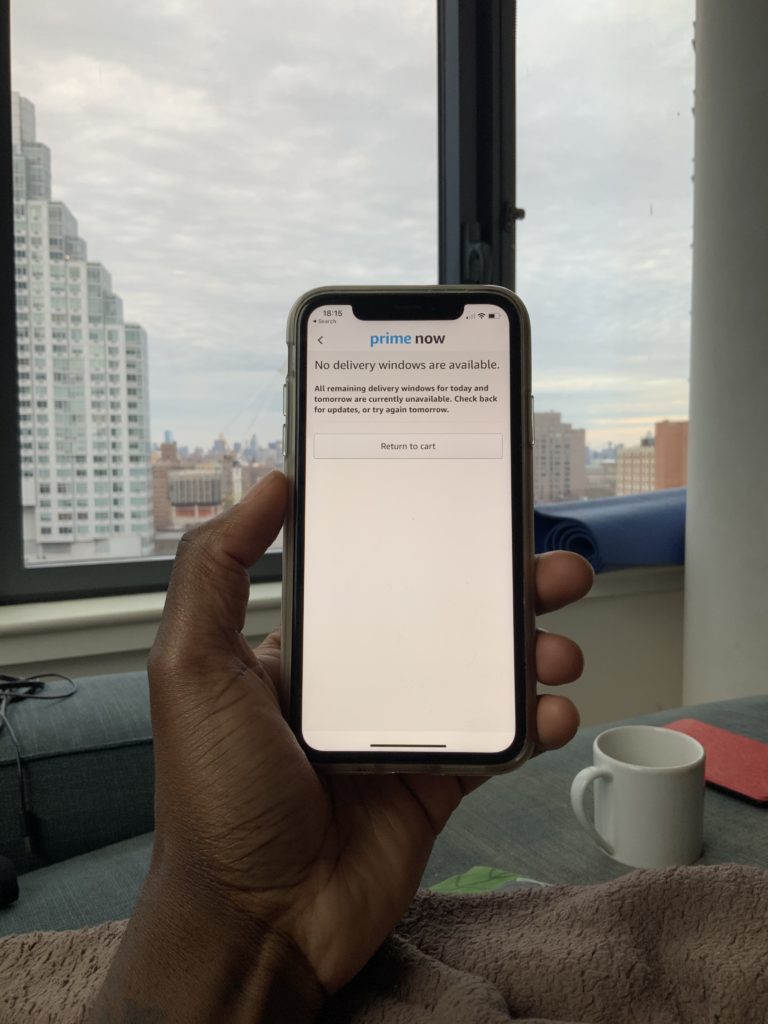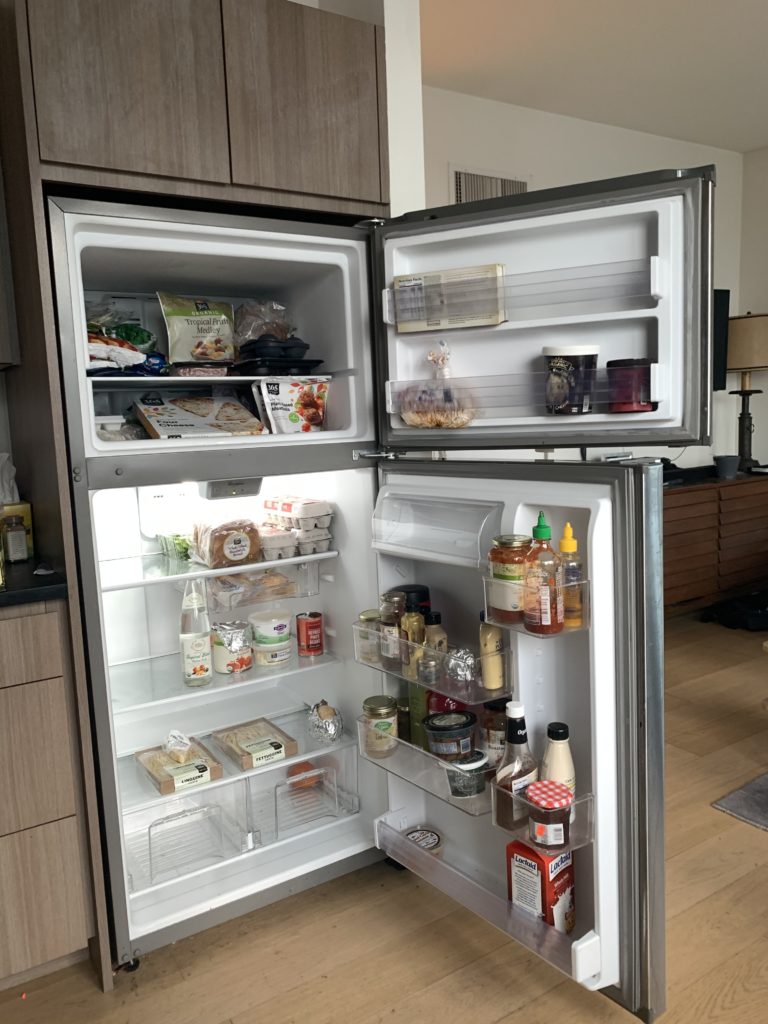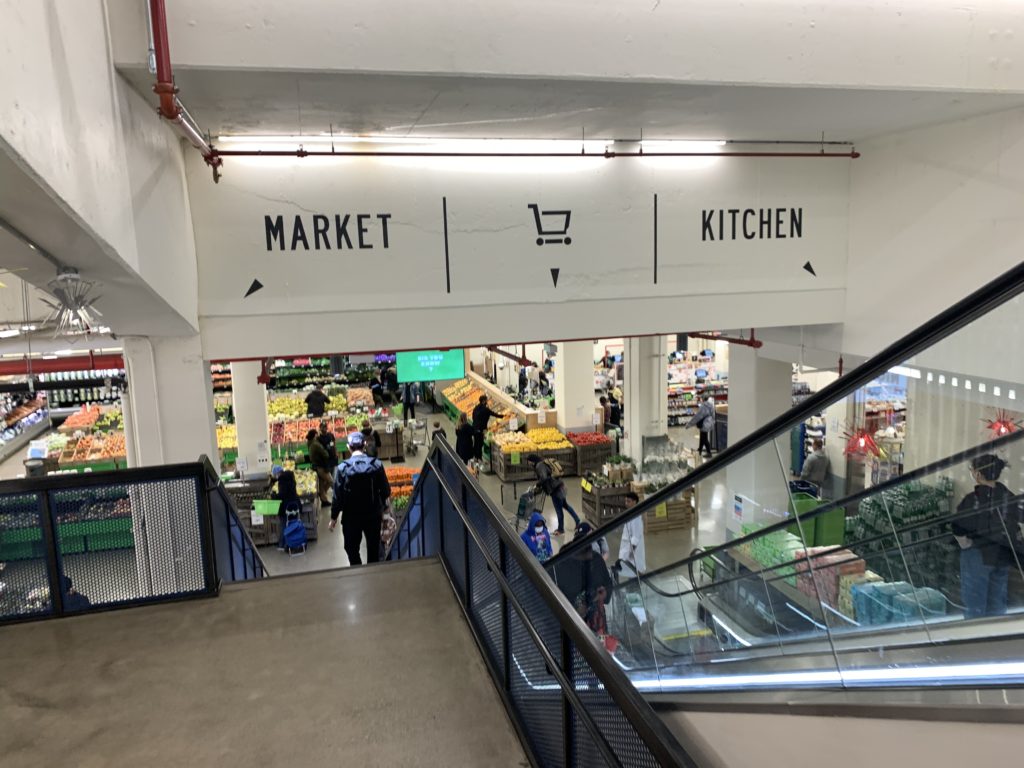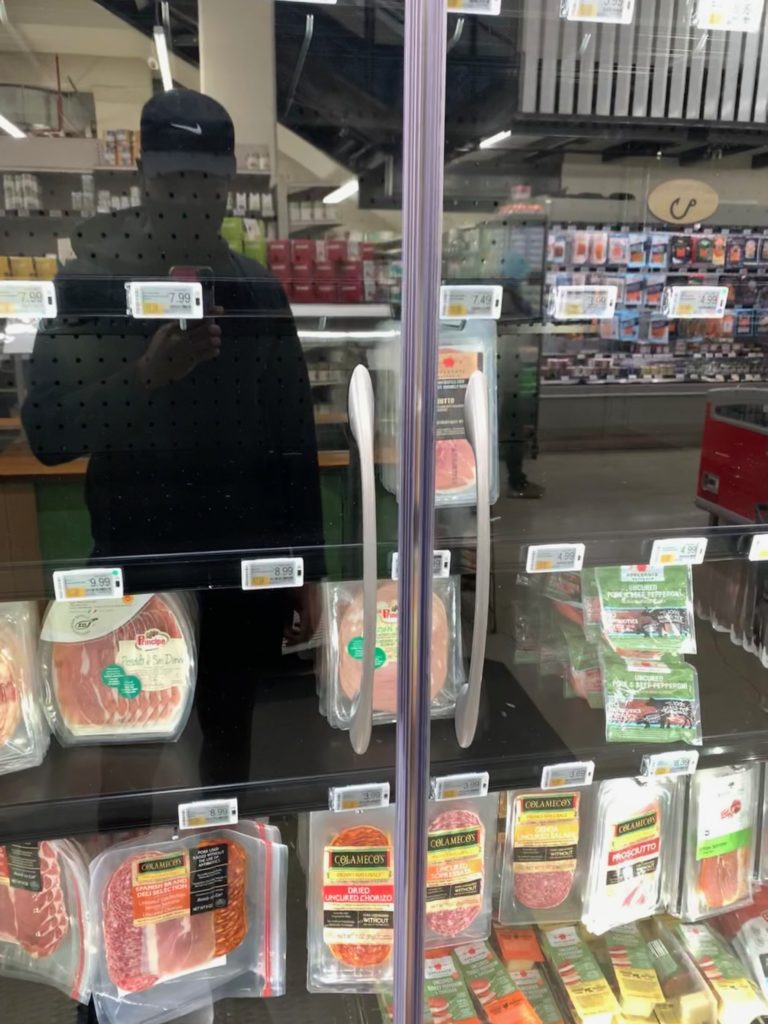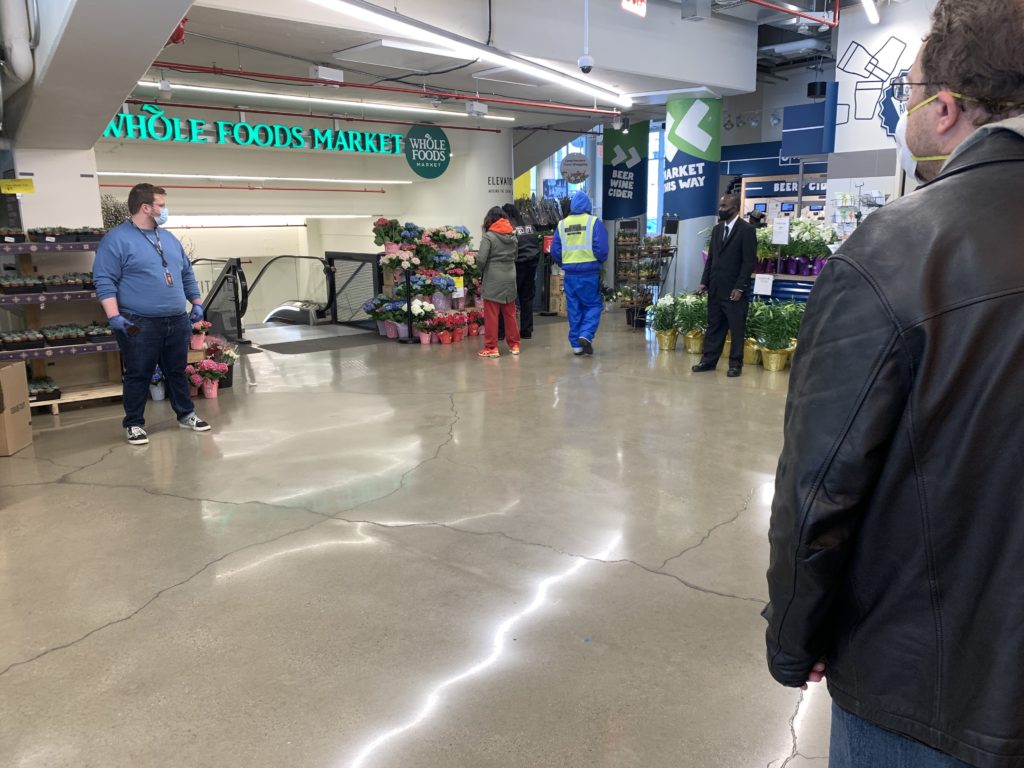Could you describe your role at Gemic?
I’m one of the co-founders of Gemic, which we started about 12 years ago. The reasons behind founding a company like Gemic are manifold, but first and foremost I wanted to combine my interests in people, society and social science with my interest in business. This is becoming more common now, but at that time, you often had to sacrifice one for the other. I always thought that was strange because they share so many common interests, especially when you think about how societies create value. So we decided to build that bridge ourselves.
Using your Gemic lens, what are some of the key transformations you see taking place as a result of COVID-19?
Well, one of the big things we’re monitoring is the tension between local and global economies, and the disparities between who can really benefit from global economic structures. In reality, only a handful of major metropolises can benefit from the capital flows of the global economy. That disparity, especially as it impacts smaller metro, suburban and rural areas, has been thrown into stark contrast by the virus.
At the same time, we’re seeing large global platforms take on characteristics that would normally be ascribed to regional or national infrastructure, as well as more nationalistic and political significance. So much so, that patronizing these platforms is starting to take on a weighted meaning.
What are some real world examples of this transformation and of the tensions you’re describing?
We’re seeing a huge migration of life onto large e-commerce platforms like Amazon or Alibaba’s various properties, and for obvious reasons: we are staying home more, we have more time, and we value speed and ease now more than ever.
These companies have also sharpened their digital offerings and their logistics to a fine point, and the type of convenience they offer has become really important during times of crisis. It turns out, we actually do prefer automation over human interactions sometimes.
In many places, they’ve also come to replace or fix broken public infrastructures, from roads and bridges to the postal service… It’s no wonder that the US is such a hub for this type of development because much of our public infrastructure is broken. If nothing else, COVID19 has proved that to us.
“So, we’re slowly seeing and realizing that our everyday living infrastructure is increasingly owned by private companies and platforms – but it’s also clear that they aren’t quite benefiting local economies as much as we thought they would.”
So then the question arises of who do we become and what do we support when we patronize them?
When we use global e-commerce platforms, we don’t see the clear and immediate impact of that cash flow on our local economy, at least not in the same way we might with other smaller businesses.
So, it almost becomes a question of your allegiances. Do you see yourself somehow rooted in a nation state? Or do you see yourself as part of a neighborhood that you need to support and should therefore patronize its businesses?
Or, are you this global person, who’s a free individual without any commitment, who’s able to reap the benefits of global capital flows, the global job market, etc. I think a lot of political struggles we have in our society are about this type of tension. So we will eventually feel this global-local debate on every possible level.
But what do we mean when we say local really?
Ha! That’s a question for another time…
So what do you think will happen to these large platforms?
It’s hard to say anything for sure right now, but we may start to see global corporations invest in re-making themselves into systems that provide care for people more intentionally at a local level – both because it benefits them and because people will demand it.
Right now, we are seeing cracks in our old systems become more obvious, and people have more time and space to really question whether things should be the way they are. One of those things is whether or not global corporations are really benefiting us at a direct level in the ways they should.
As our lives shift onto these platforms – we will expect them to care. This is going to put tremendous pressure on these platforms, but as we hand over more and more power to them, we will expect more than just a service in exchange. We will expect them to be a reliable backbone to our society because – and this may be specific to the US – we can’t necessarily trust the government to provide that backbone anymore.
That is really interesting – but what would it look like in practice?
Well, I think we’ve seen something like this in the way American corporations stepped up to the plate during WWII, and obviously, there are comparisons to be made to certain companies increasing production of PPE during COVID-19. But, I think the answer goes beyond owning a “moment” of patriotic national pride in production. Winning companies will make longer term change and tangible change that people can feel at a localized level.
For example, when Finland began to urbanize and industrialize at the turn of the 20th century – quite late in comparison to other nations in the region — a large number of farm workers and agricultural laborers flooded into the cities. They were largely disadvantaged, without access to capital and fair prices for many basic necessities. Almost immediately you saw the rise of these worker’s co-ops — cohorts of people who were invested in an ecosystem of retailers, banks, and farms.
These large groups of previously disadvantaged people suddenly had access to a social safety net, resources and capital through cooperatives that would eventually become some of the largest companies in the Nordics. A lot of the Northern European co ops are still massive companies to this day. They’ve kind of lost that characteristic but they were born in a time when there were dramatic social, political, and economic inequalities in society, as there are now because of the virus.
So, there are examples of how a corporation can provide real benefits for local people at scale. I think it is likely that we will see people begin to look for this kind of tangible, local change from global corporations. The question for corporations then, is how can they build a reliable system that provides people with some sort of care? There are some really interesting parallels and lessons to be learned.
So it’s all about building mutual benefit?
Yes, it’s about how large global e-commerce platforms, and corporations more broadly, build offerings where there’s some kind of mutually beneficial system. Not just asking how they can serve people, but how they can make change that is visible at a local, personal level.
The interesting question now for people who participate in the platform economy is, ‘How does this platform guarantee fairness for all parties?’ How do we make you feel like you have a stake in it? That you’re not just a consumer? That there’s come real mutual benefit beyond pure convenience? I think these questions are going to be immensely important.
This sounds like a colossal amount of change in a short period of time – do you think it will really happen?
Well, I think we may start to see an amplification of something that was already there. These questions surrounding what value global platforms provide to people in their day to day lives existed well before the virus began. We’re just seeing them come to light because we’re spending more time on them and they’re performing increasingly important functions in our lives.
We see some cracks in our current system widening, and things will start to change little by little. Not everything is going to change overnight, but the seeds are there.
So it’s in the best interest of these companies to reconsider how they can best provide people some kind of benefit that creates a sustained, mutual, beneficial relationship between themselves and consumers. I think any platform that could do this would be massively successful.
Johannes is the Founder and Chairman of Gemic. Based in New York, he advises executives across CPG, fashion, mobility and tech on how to respond to cultural, structural and behavioral change. To do this, he believes in starting with the right questions: What business are industries really in? Where is the value in being an “iconic” brand? In guiding executives toward the right questions, Johannes has helped top-tier companies redefine their markets and create meaningful value for shareholders. Contact him at johannes.suikkanen@gemic.com


